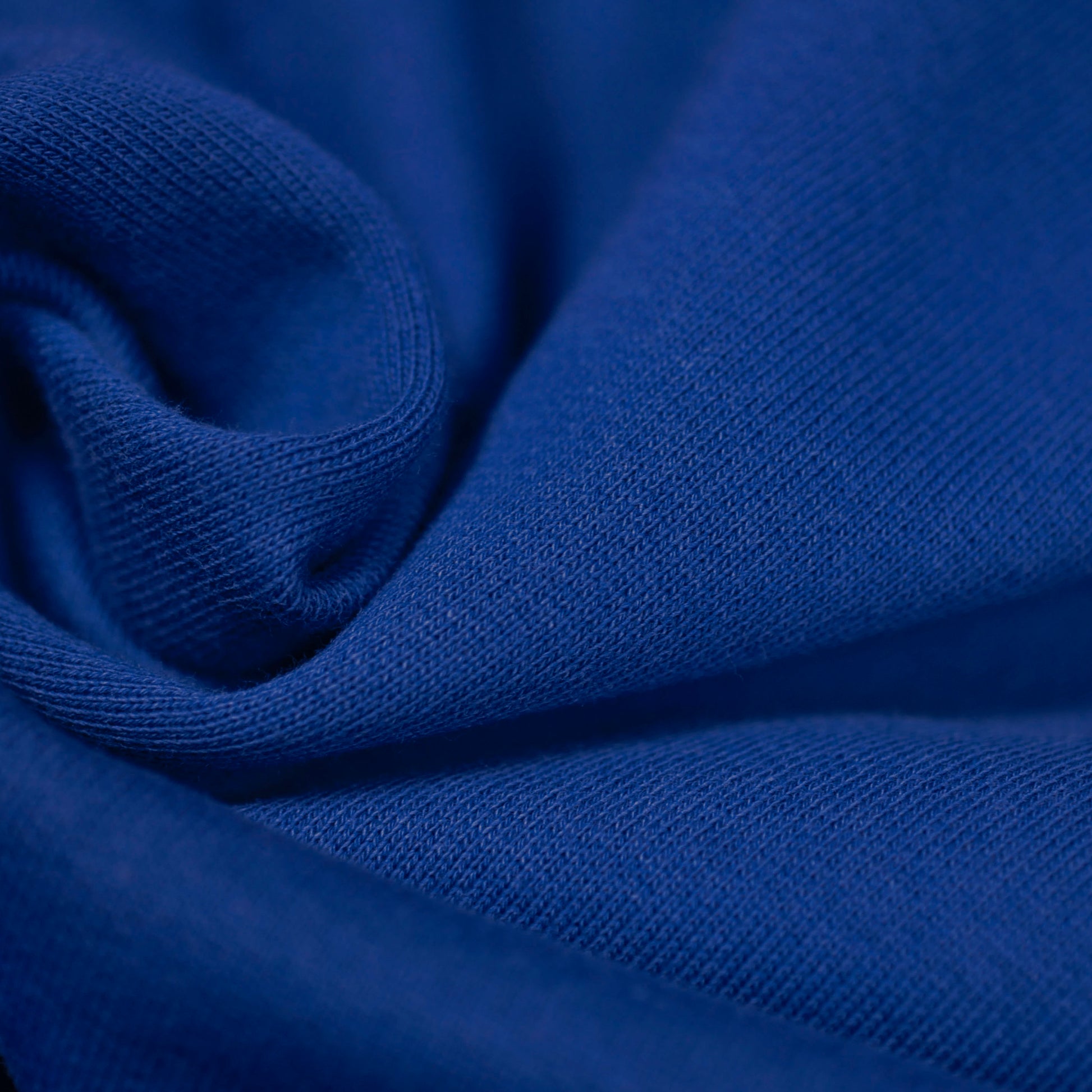TOO SWEET HOODIE
Our Why
Created in 2020 Paradise Hills Art District is a luxury apparel brand that focuses on telling stories through each design. Their statement “The future is romantic” tells the story of how beautiful the unknown is and how we need to start romanticizing the future instead of the past.
ALL TOO SWEET HOODIES HAVE DISTRESSED TEXT ON THE FRONT AND BACK THAT IS PART OF THE CREATIVE DIRECTION
Introducing the Too Sweet Hoodie. A hoodie to be worn by the ones who got their heart broken and took that sadness and converted it to success. Without the low points in life you can't experience the highs. This hoodie is a reminder of that.
- Cobalt Blue Hoodie
- Oversized fit
- French Terry
- Ribbed trims
Composition: 100% Organic Cotton
470gsm
Made in Portugal
What is French Terry?
French terry is a versatile knit fabric with soft loops on the inside and a smooth surface on the outside. This knit has a soft, warm texture you’ll recognize from your Paradise Hills hoodies. Our French terry is perfect to lounge in or get coffee runs. The material is more breathable than fleece allowing you to layer more in the winter time to look like the main character.

Model: Jakob
• Wearing: Medium
• Height: 6'1 / 185cm
• Weight: 145lbs / 65.5kg
|
- Inches - |
Small |
Medium |
Large |
X-Large |
|
Chest |
24 inches |
25.5 inches |
27 inches |
28 inches |
|
Length |
26 inches |
27 inches |
27.5 inches |
28 inches |
|
- CM - |
Small |
Medium |
Large |
X-Large |
|
Chest |
61 cm |
65 cm |
68.50 cm |
71 cm |
|
Length |
67 cm |
68.50 cm |
70 cm |
71 cm |
This item is in stock and ships in 1 - 2 business days
Turn inside out, machine wash on cold with like colors. Hang to dry. Do not bleach.





